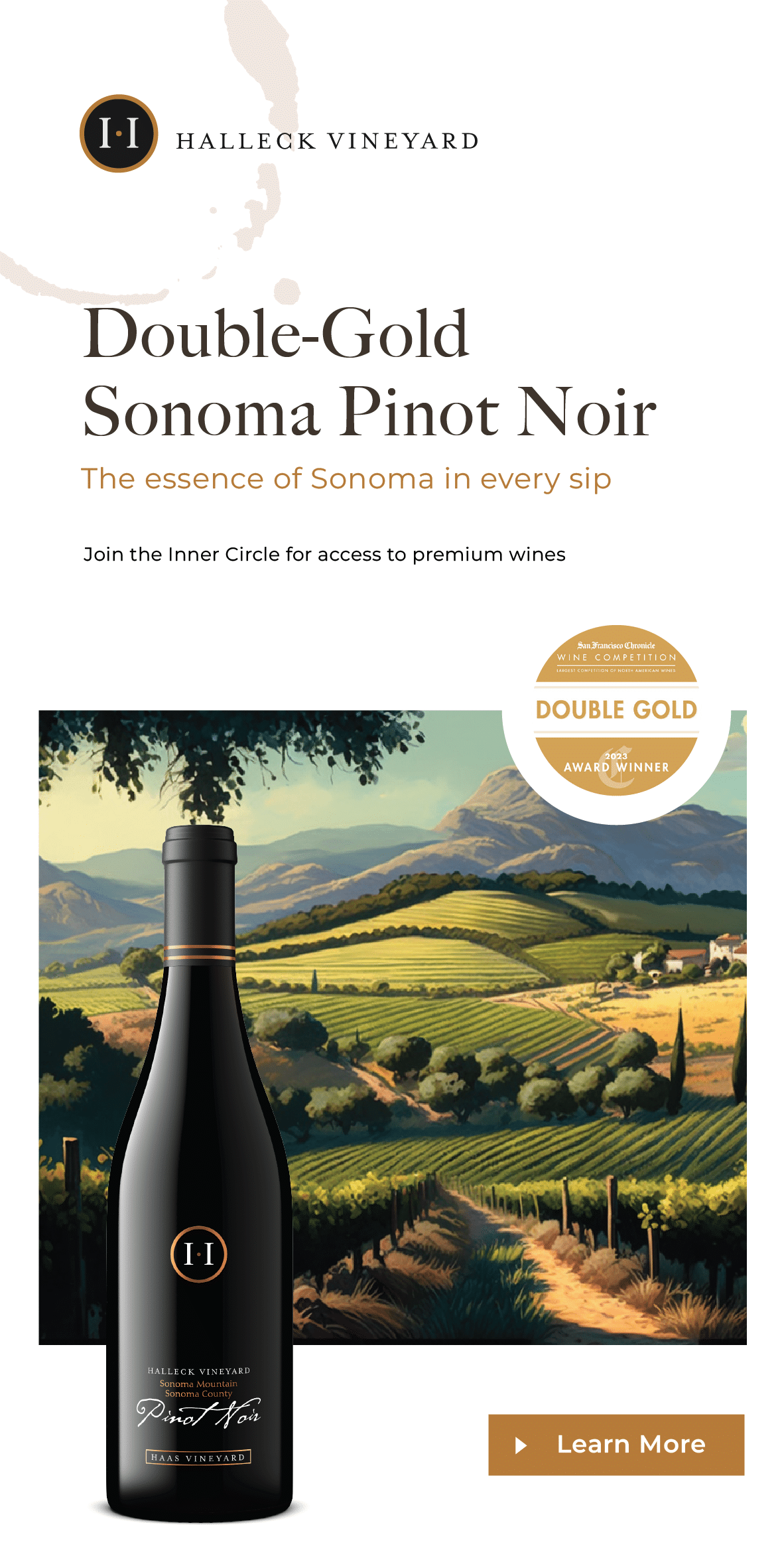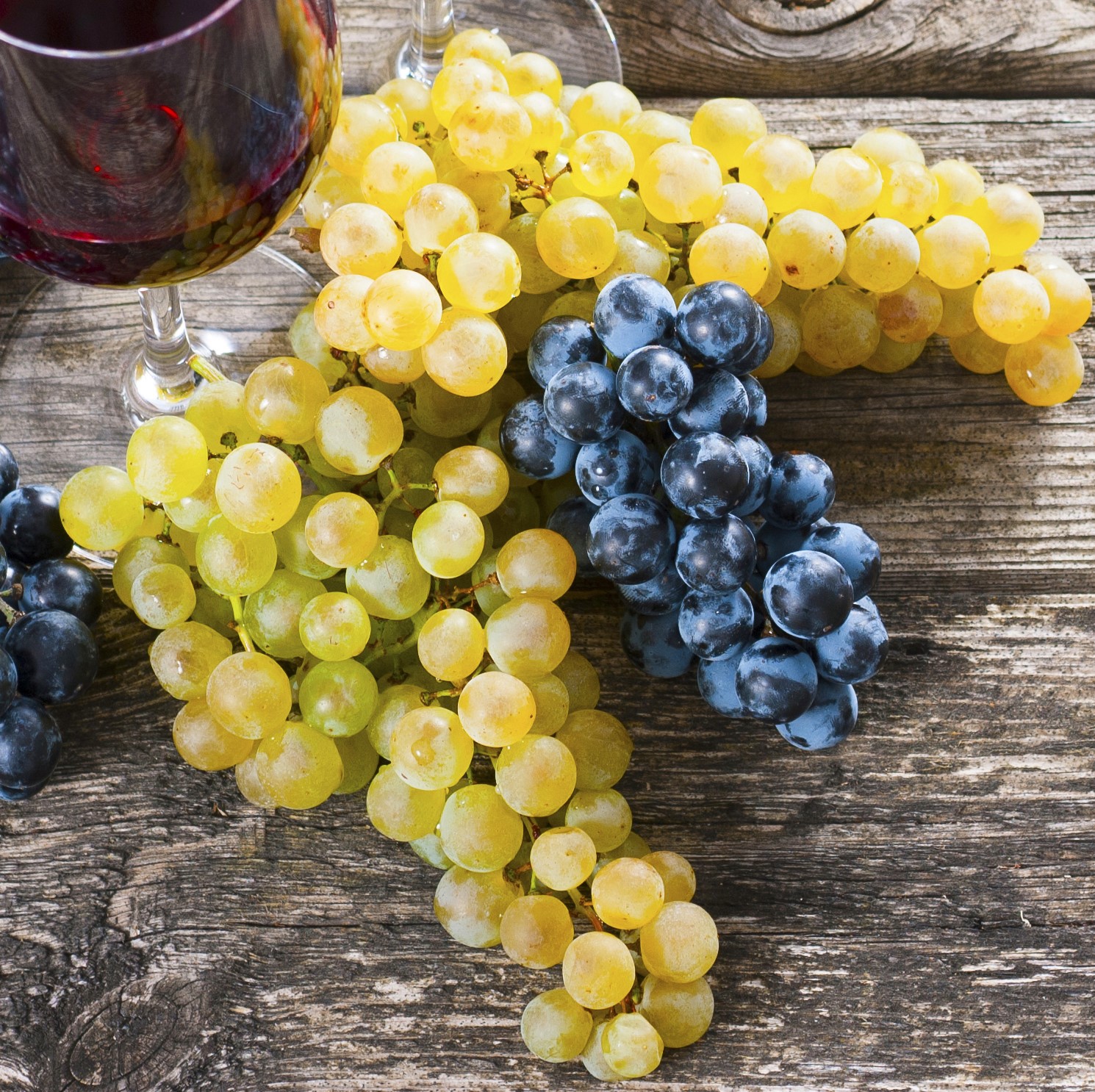Remarkable Craft Wineries In Sebastopol - Top Sonoma Wine Tasting Destinations
Visiting a winery for a wine tasting could be a fascinating experience, especially when you know the way to maximise the opportunity with tasting notes. These notes serve as a guide to understanding the complexities of the wines you pattern and assist in forming a deeper reference to each pour. Using tasting notes can transform your experience, permitting you to savor not simply the taste but additionally the story behind every bottle.
Every wine has a singular profile influenced by grape variety, terroir, and winemaking techniques. Understanding these parts can enhance your appreciation of the wine. When you are given a tasting menu or a flight of wines to sample, take the time to read via any descriptions supplied (Family Friendly Wineries With Outdoor Spaces). This preliminary overview can set the tone and expectations in your tasting experience.
Begin your wine tasting by observing the wine in your glass. The shade can reveal a lot in regards to the wine’s age and varietal. Take notes on the hue, readability, and viscosity. A well-structured tasting note usually consists of this visible assessment as it varieties the inspiration of your analysis. While it might appear trivial, the visual facet is essential in wine tasting.
Small Batch Wineries In Sonoma Valley - Sonoma's Premier Wine Tasting Events
After your visual evaluation, it's time to take a gentle whiff. Swirl the wine in your glass to aerate it, releasing its aroma. This is the place tasting notes turn out to be particularly priceless. Make notes concerning the different scents you detect—fruits, spices, or floral hints. Figuring Out these aromas will assist you to put words to the intrinsic complexities of the wine you might be sampling.

The subsequent essential step is the tasting itself. Take a small sip and let the wine roll over your palate. Note the flavors you experience. Are they candy or tart? Where does your palate detect each flavor? Some wines may current immediate sweetness adopted by a tannic finish. Use your tasting notes to document these layers, making a roadmap of your sensory experience.
Contemplate additionally the mouthfeel of the wine as you style. Is it easy, crisp, creamy, or maybe tannic? This textural quality significantly influences the general enjoyment and impression of the wine. Observing the mouthfeel can reveal the standard and craftsmanship behind the winemaking process.
It's useful to check totally different wines as you style them. If you're sampling a flight with contrasting varietals, make an observation of the differences you understand. How does the acidity range from one wine to another? Which wine feels fuller, and which is more refreshing? This comparative train deepens your understanding and helps sharpen your analytical skills.
Quaint Wineries In Picturesque Settings In Sebastopol - Unforgettable Wine Tastings In Sonoma
Engage with the winery employees while tasting. Knowledgeable hosts usually share insights about the winery's history, the particular vintage, or the winemaking philosophy, enriching your appreciation of the wine. Don't hesitate to ask questions that pique your curiosity primarily based in your tasting notes. Many hosts enjoy discussing their wines and may provide a wealth of information that isn’t readily available from printed supplies. Wineries Hosting Seasonal vineyards Events.
Maintain in thoughts the seasonality of wines as you taste. Totally Different wines evoke diversified moods and pair properly with distinct culinary experiences. Take notes on the way you might take pleasure in a selected wine with food. This not only adds context to your tasting notes but additionally aids future selections and purchases.

One Other useful tip whereas using tasting notes at a winery is to record your impressions instantly. As wines can blend and create a uniform flavor reminiscence, jotting down your thoughts promptly ensures a extra accurate reflection of your experience. Use adjectives that resonate with you, crafting a private vocabulary to describe every wine based mostly on your preferences.
After finishing the tasting, review the notes you’ve taken. Mirror on which wines stood out to you and why. This reflection reinforces your tasting experience and highlights what you might search in future purchases. If you've famous specific aromas or flavors that captivated you, this info empowers you to pick out wines that align along with your palate.
Innovative Wine-Making Techniques In Sonoma Valley - Wine Tasting In Sonoma County
Wine tasting also can serve as an opportunity for socializing. Sharing your tasting notes with companions can ignite engaging discussions on flavors, preferences, and impressions. This communal side of wine tasting typically enhances the experience, cementing lasting reminiscences that you can recall with a cup of wine in hand.
In conclusion, utilizing tasting notes at a winery wine tasting can significantly enhance your experience. By observing the visual features, aromas, flavors, mouthfeel, and even the stories behind the wines, you create a wealthy tapestry of notes that may guide your future wine experiences. Partaking with the workers, comparing wines, and reflecting on your impressions will deepen your appreciation for the art of winemaking. Each tasting is a chance to find and connect with wines in exciting new ways. With practice, your tasting notes will evolve, becoming a cherished component of your wine journey.
Best Chardonnays From Sonoma Winemakers - Sebastopol Wine Country Vineyards Adventure
- Begin by familiarizing your self with the winery's tasting notes; they usually describe the wine’s aroma, flavor profile, and end, providing a useful framework.
- Use your senses of sight and smell earlier than tasting; swirl the wine in your glass, observe its shade, and inhale its bouquet to capture the wine's initial traits.
- When tasting, take a small sip and let the wine coat your palate; focus on the primary flavors and any secondary notes that may emerge, similar to fruit, spice, or earthiness.
- Pay consideration to the texture and mouthfeel of the wine; is it clean, tannic, creamy, or crisp? This aspect can significantly improve your understanding of the wine.
- Examine the tasting notes with your sensory experience, noting any similarities or discrepancies, which can deepen your appreciation of each wine’s complexity.
- Contemplate the wine’s getting older potential by analyzing its structure and balance; some wines may be gratifying now, while others may evolve beautifully over time.
- Take notes in the course of the tasting; recording your impressions might help you remember every wine higher and refine your palate for future tastings.
- Interact with the tasting staff; ask questions in regards to the wine production process, grape varieties, and the particular notes you're detecting to enhance your data and experience.
- Explore pairing suggestions alongside your tasting; understanding which meals complement the wine can enrich both the tasting experience and your appreciation for the wine's nuances.
- Respect various preferences among your group; wine tasting is subjective, and encouraging open dialogue about particular person tastes can lead to a extra pleasant and informative experience.undefinedWhat are tasting notes, and why are they important at a wine tasting?undefinedTasting notes are descriptions of the flavors, aromas, and general impressions of a wine. They are important as a end result of they guide your palate and enhance your understanding of the wine's traits, helping you respect different varieties and styles.
How ought to I take notes during a wine tasting?undefinedYou ought to give attention to key components such as aroma, flavor, physique, acidity, and finish. Use a structured format or template to categorize your ideas and write down your impressions immediately after tasting. This helps you keep in mind your thoughts later.
Can I use my very own words to describe a wine, or ought to I stick to standard tasting terms?undefinedYou can completely use your own words to explain a wine. Whereas normal tasting phrases can help convey particular qualities, personal descriptors add authenticity to your notes and can make your wine experience more gratifying and relatable.
Should I focus on particular flavors in the wine get more or the general experience?undefinedEach elements are necessary. While specific flavors allow you to identify the unique traits of a wine, the overall experience encompasses how all parts combine—creating a extra holistic understanding of the wine.
Charming Wineries With Views In Sonoma Valley - Celebrated Wineries Around Sebastopol
What if I can't establish certain aromas or flavors during a tasting?undefinedIt’s frequent to have problem identifying particular tastes or scents. Don’t hesitate to ask for help or steering from the employees at the winery. They can present insights and help refine your palate over time by way of practice.
How can I use tasting notes to choose wines in the future?undefinedBy reviewing your tasting notes, you'll find a way to identify your preferences and developments in your wine decisions. This lets you select wines that align with your palate in future tastings and purchases, making your experience extra enjoyable.
Is it acceptable to compare wines throughout a tasting?undefinedYes, comparing wines may be beneficial. It helps spotlight the differences in flavor profiles and attributes, permitting you to develop a deeper appreciation and understanding of each wine's distinctive qualities.
What should I do if I disagree with the tasting notes offered by the winery staff?undefinedDisagreement is a pure part of wine tasting! Use it as a possibility to discuss your impressions with the workers; they can present additional context or details about the wine, which can enrich your experience.
Breathtaking Views From Sonoma Wineries - Sebastopol Wine Experiences
How should I arrange my tasting notes after the event?undefinedAfter the tasting, organize your notes by wine kind, producer, or personal preference. Contemplate creating a digital or bodily journal which could be referenced for future tastings and wine selections, making it simpler to recall your experiences.